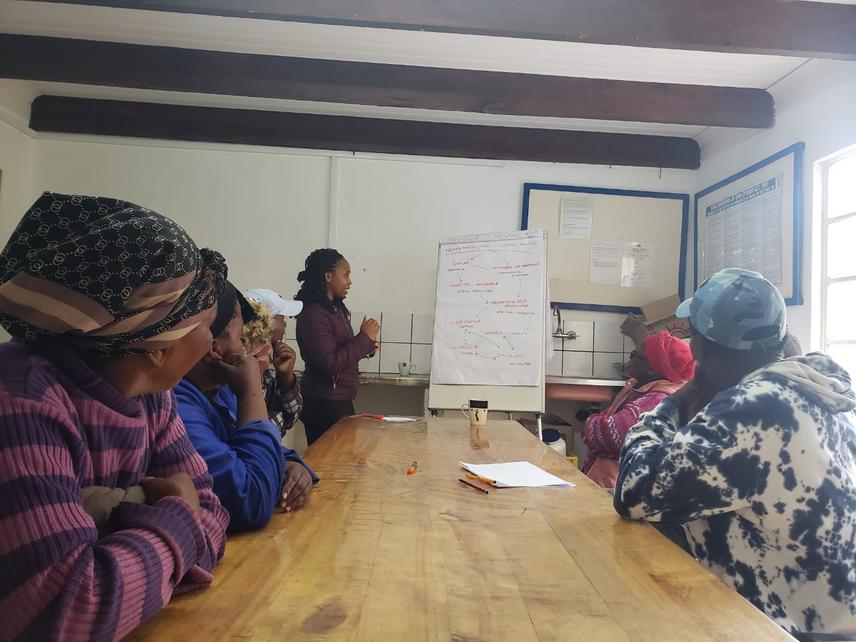Olga Alejandra Vargas Fonseca
Other projects
2 Dec 2013
Role of Marine Protected Areas in the Population Dynamics of Indo-Pacific Bottlenose Dolphins (Tursiops aduncus) along the Southeast Coast of South Africa
30 Mar 2016
Assessing the Effectiveness of Marine Protected Areas for Inshore Dolphin Conservation Using Aerial Surveys to Determine Distribution, Abundance and Habitat Use
The Indian Ocean humpback dolphin (Sousa plumbea) is classified as endangered by the International Union for Conservation of Nature (IUCN). In South Africa, this species has experienced a significant 50% population decline in regions such as Plettenberg Bay over the past two decades, highlighting the urgent need for conservation efforts. Globally, these dolphins are particularly vulnerable due to their preference for shallow coastal waters, which exposes them to high levels of human activity and pollution.

Coffee bay Workshop. ©Alejandra Vargas.
The project involves a multifaceted approach, focusing on both the social and ecological dimensions of humpback dolphin conservation. The social aspect includes documenting TEK of dolphins in four South African locations by engaging with local communities. This documentation aims to capture traditional insights into dolphin behavior, current threats, population shifts, and the relationship between these marine species and local communities. The integration of TEK into formal decision-making processes aims to create culturally sensitive and informed conservation policies, enhancing the likelihood of successful and sustainable efforts. Ecologically, the project focuses on creating a spatially explicit national threat map to identify high-risk areas and vulnerabilities within the coastal habitat. By incorporating TEK and stakeholder collaboration, the initiative seeks to address both immediate and long-term challenges faced by this endangered species, providing a holistic framework for its conservation in South Africa.